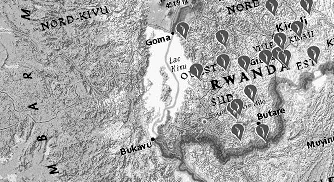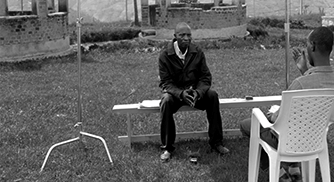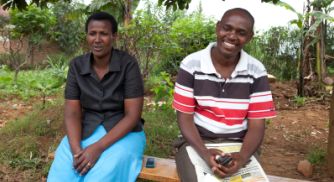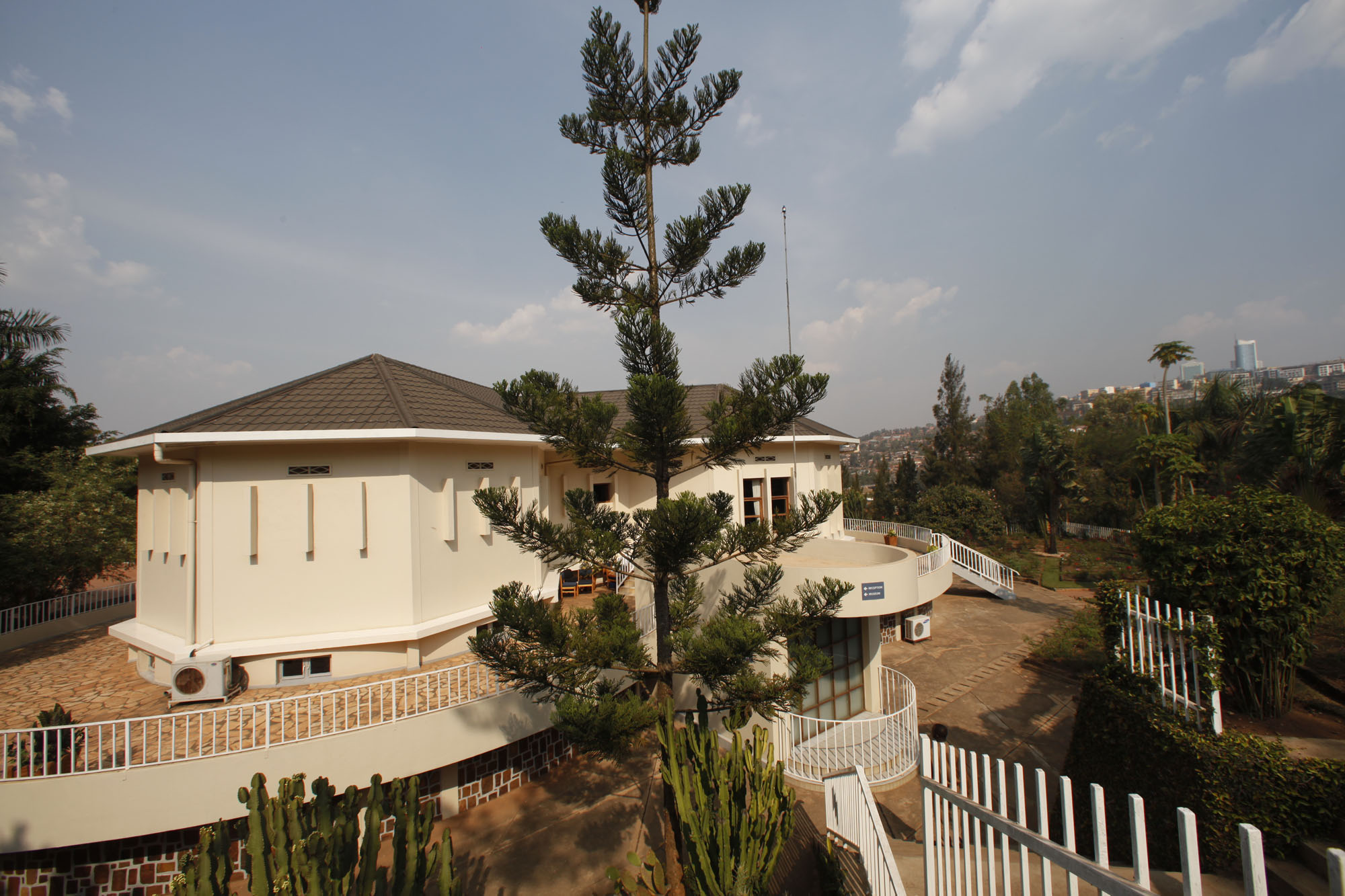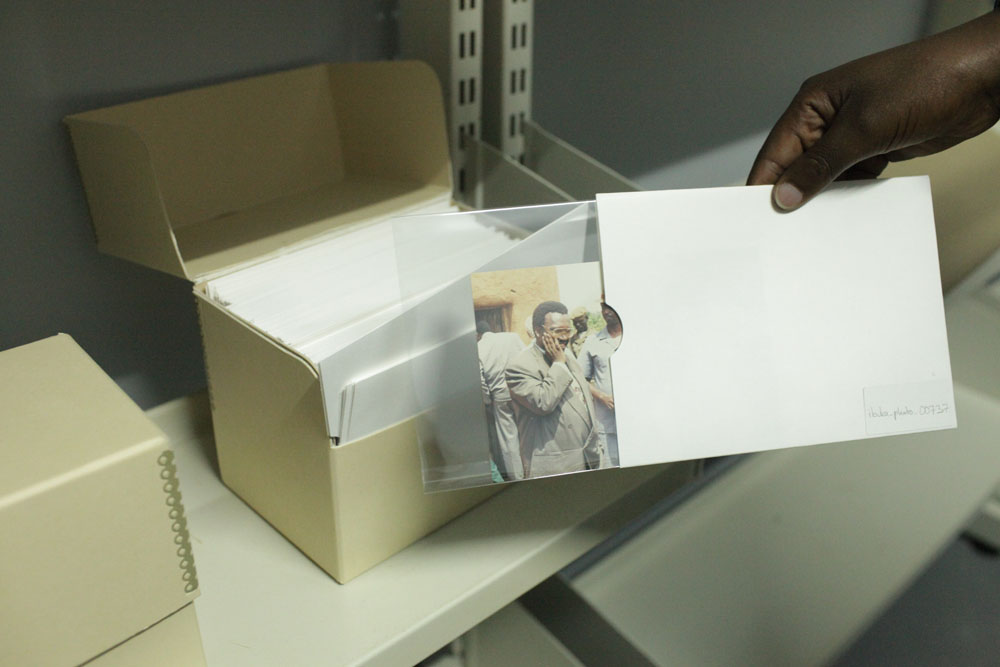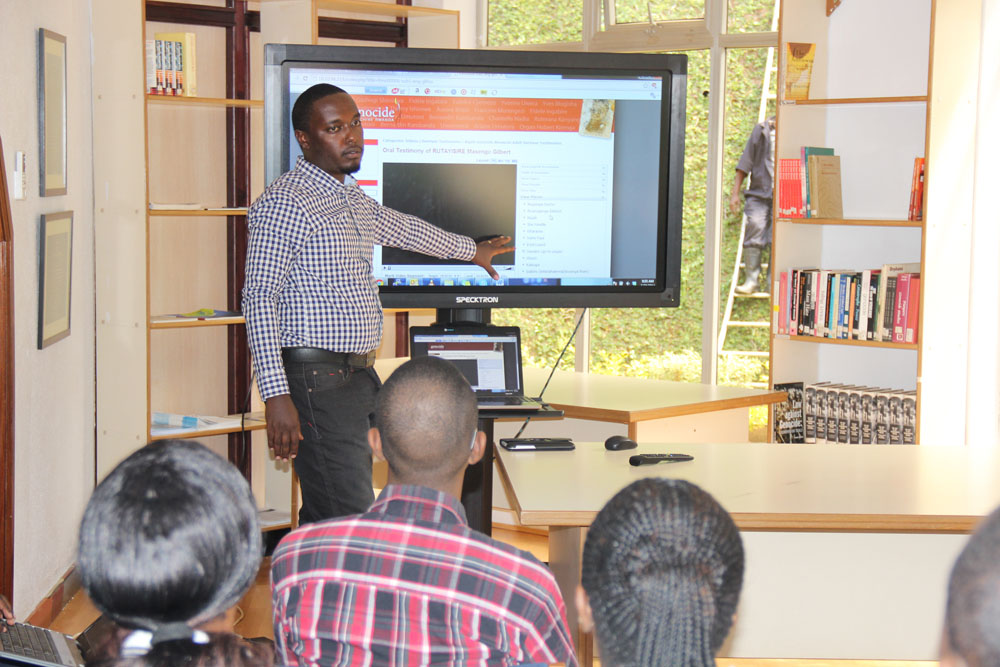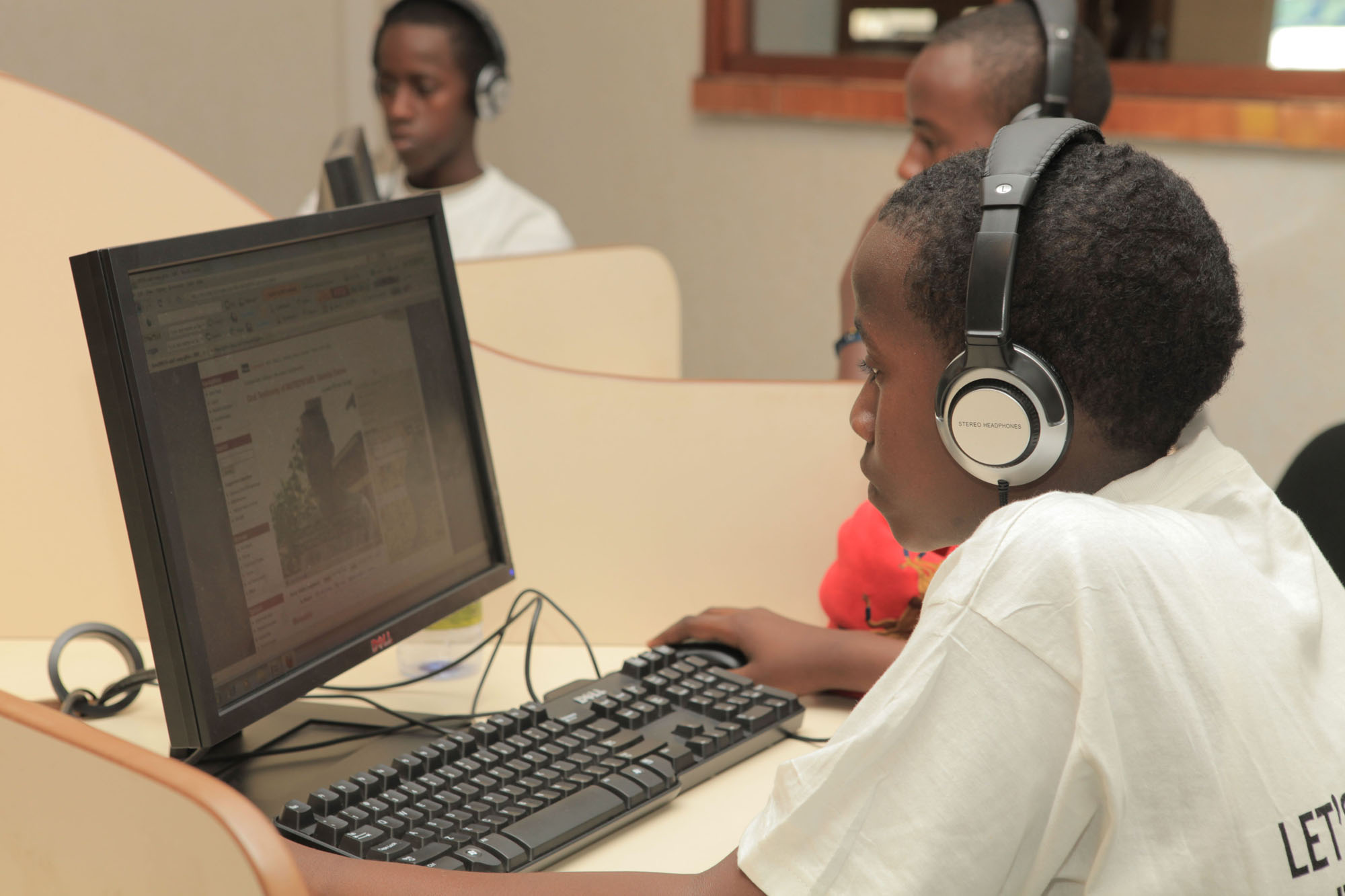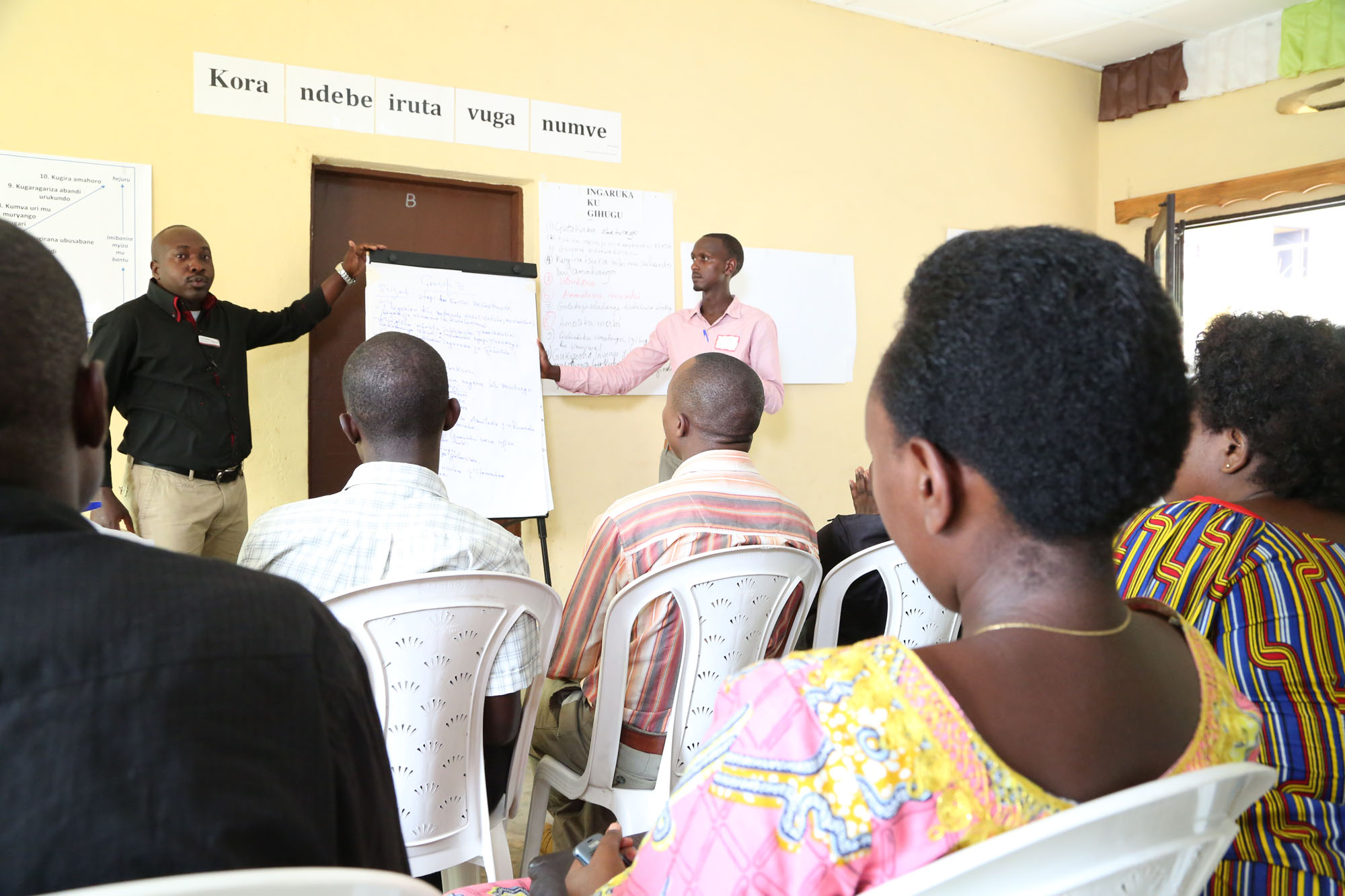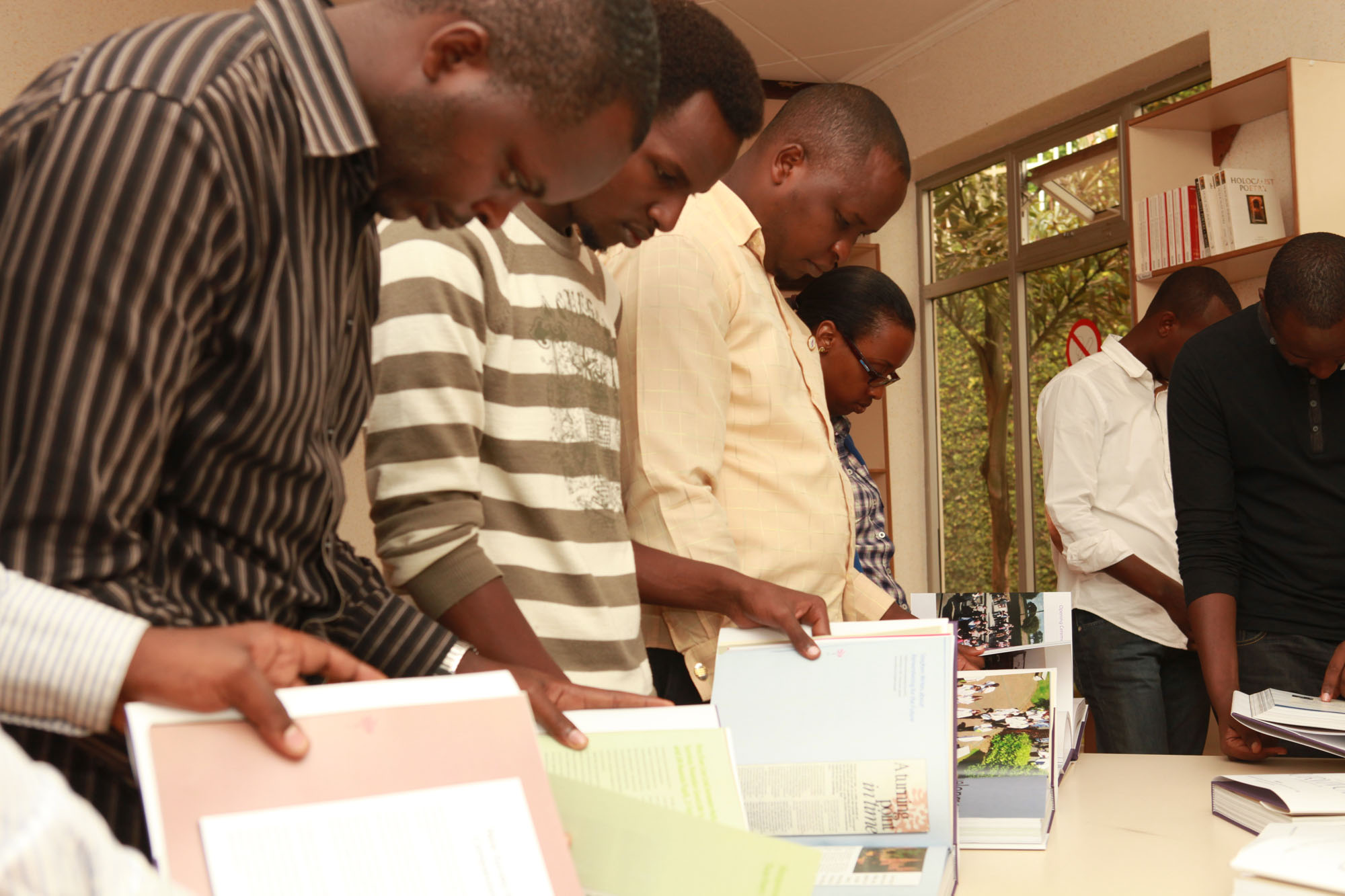The King’s College London Digital Humanities Department and Aegis Trust have brought together academic, private and public sector stakeholders from Rwanda and abroad to explore the implications, impact and transformative effects of digital archives and digitisation processes in understanding the Genocide against the Tutsi and post-Genocide reconstruction as well as supporting the country’s development.
The conference, titled ‘Digital Archives, Memory and Reconstruction in Rwanda’, is being funded by the UK’s Arts and Humanities Research Council and is taking place from 21-23 March 2017 at the Marriott Hotel in Kigali.
Rwanda’s Minister of Youth and ICT, Jean Philbert Nsengimana, opened the event by highlighting how equipped Rwanda is to lead the way in using digital archiving as a tool for both remembrance and development.
“I am very pleased that this conference has a focus on developing digital content technologies and skills to utilise the digital economy, for both remembrance and reconstruction. In doing so, I believe we will build a better-informed and more cohesive society that can benefit from all the opportunities the digital economy presents,” Minister Nsengimana said.
Over three days, experts are addressing a range of issues and sharing experiences and best practice under four broad themes: Memory and Memorialisation, Education and Peace Building, Social Justice and Inclusivity, and Capacity Building and the Digital Economy.
The conference is identifying how the theoretical, practical and pedagogical aspects of these themes can contribute to the social, cultural and economic development of Rwanda. It will make specific recommendations and propose an action plan to take forward new initiatives and partnerships that can build on and leverage existing work.
On the first day of the conference, Mutanguha Freddy, Aegis Trust Regional Director, stressed the importance of sharing experiences. “This is a great opportunity to understand the relevance and the place of digital archives in Rwanda's social & economic reconstruction since the Genocide against the Tutsi,” he said.
Archiving Initiatives in Rwanda
With funds from the UK Government, through the Department for International Development (DFID), a study carried out in 2013 identified major archives in 18 institutions, the most prominent of which was the records of the Gacaca Courts of more than 60 million pages. Combined, these archives are of unparalleled significance, both to Rwanda and the world, and act as a record of processes of conflict, justice, reconciliation and reconstruction.
Recognising this, Aegis Trust began assembling evidence related to the Genocide and reconstruction, including testimonies as well as historical evidence. Together, these materials form the Genocide Archive of Rwanda, a physical and digital archive that has transformed how people access archival material related to the Genocide against the Tutsi.
Lessons from the Genocide Archive of Rwanda have shown that the digitisation of archives has the potential to increase global understanding of the Genocide and Rwanda’s development since, and offers opportunities for education, research, and reconciliation.
About Aegis Trust
Aegis Trust works to prevent genocide and mass atrocities worldwide. For more than ten years, Aegis Trust has supported Rwandans to build lasting peace through education programmes that teach about the history of the Genocide against the Tutsi and share stories that promote social cohesion. For more information, visit www.aegistrust.org
About King’s College London – Department of Digital Humanities
The Department of Digital Humanities at the King’s College London is an international leader in the application of technology in the arts and humanities, and in the social sciences. The Department is dedicated to furthering the possibilities of computing for arts and humanities and, in collaboration with local, national and international research partners across the disciplines, to design and build applications which implement these possibilities, in particular those which produce online research publications.
Media Enquiries
Didier Rutagungira
Aegis Trust Communications Officer
+250 788 559 287
